
Alison Pearce Stevens is a former duck wrangler, beekeeper and forever science geek who specializes in writing about science and nature for kids. She lives in the Midwest with her husband, their two kids and a small menagerie of cuddly (and not-so cuddly) critters. She writes for Science News Explores, Highlights, ASK (Arts and Sciences for Kids) magazine and National Geographic Kids' Books. Her next book, Rhinos in Nebraska, comes out in 2021. She is also an avid gardener who can often be found in her yard, checking out the critters that call it home.

All Stories by Alison Pearce Stevens
-
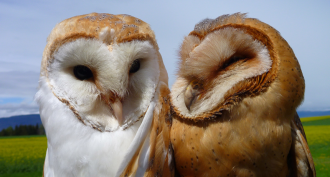 Animals
AnimalsStanding out helps barn owls on the hunt
White barn owls are more successful hunters than red ones — at least when the moon is full.
-
 Earth
EarthAir pollution intensifies a teen’s feeling of stress
Living where the air is dirty may make tough situations even more stressful — especially for teens suffering from anxiety or depression.
-
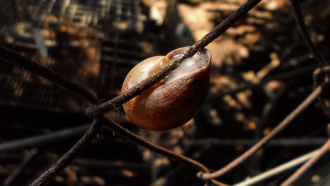 Materials Science
Materials ScienceReversible superglue mimics snail slime
Inspired by snail slime, scientists have created the first super-strong adhesive that can be easily become unstuck, when necessary.
-
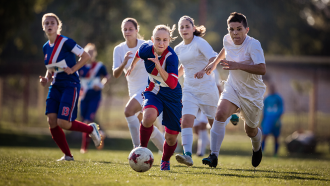 Brain
BrainThe color of body fat might affect how trim people are
Brown fat burns calories to keep us warm. Researchers are searching for ways to boost it to help fight obesity and diabetes.
-
 Psychology
PsychologySocial media doesn’t, by itself, make teens unhappy or anxious
Checking social media frequently doesn’t necessarily cause unhappiness, a new study finds. Sleep, exercise and cyberbullying are also key.
-
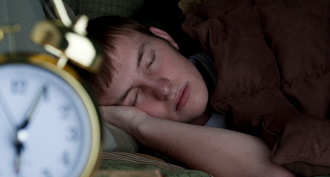 Health & Medicine
Health & MedicineDon’t snooze on getting enough sleep
Sleeping the right amount at night is good for mental and physical health. Ironically, napping isn’t always helpful.
-
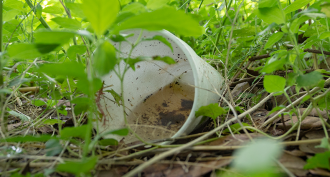 Materials Science
Materials ScienceTrees may become the key to ‘greener’ foam products
Scientists have made an environmentally friendly alternative to plastic-based foams to help keep things cool.
-
 Tech
TechOcean energy could be the wave of the future
Energy systems that turn the power of ocean waves into electrical energy could be on the horizon — or pumping away near the sea floor.
-
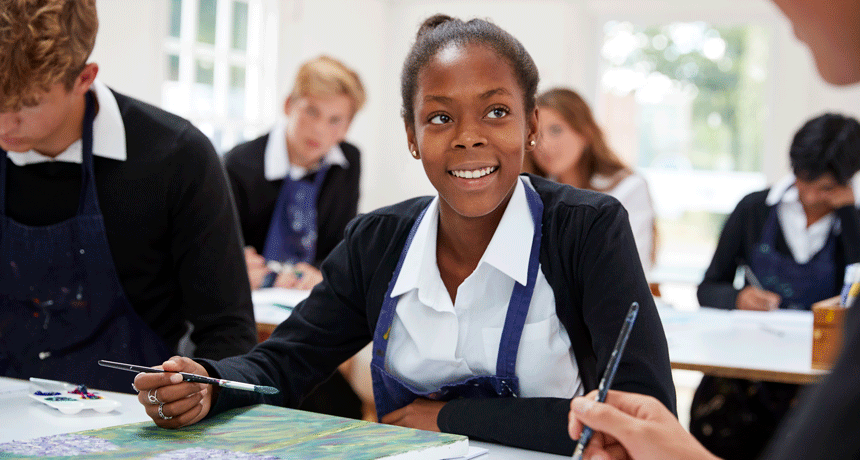 Psychology
PsychologyArt can make science easier to remember
Students who learn science using art remember what they learned longer than those in regular classes.
-
 Chemistry
ChemistryShape-shifting chemical is key to new solar battery
Storing solar energy is a challenge. A new, shape-shifting molecule may provide a solution.
-
 Health & Medicine
Health & MedicineTeens who play violent video games aren’t any more violent
A careful new study shows that teens who play violent video games are no more aggressive than other teens.
-
 Psychology
PsychologyWhat part of us knows right from wrong?
Our conscience may have evolved from our need to cooperate. Scientists are learning where the brain’s moral centers are, and how they make us human.